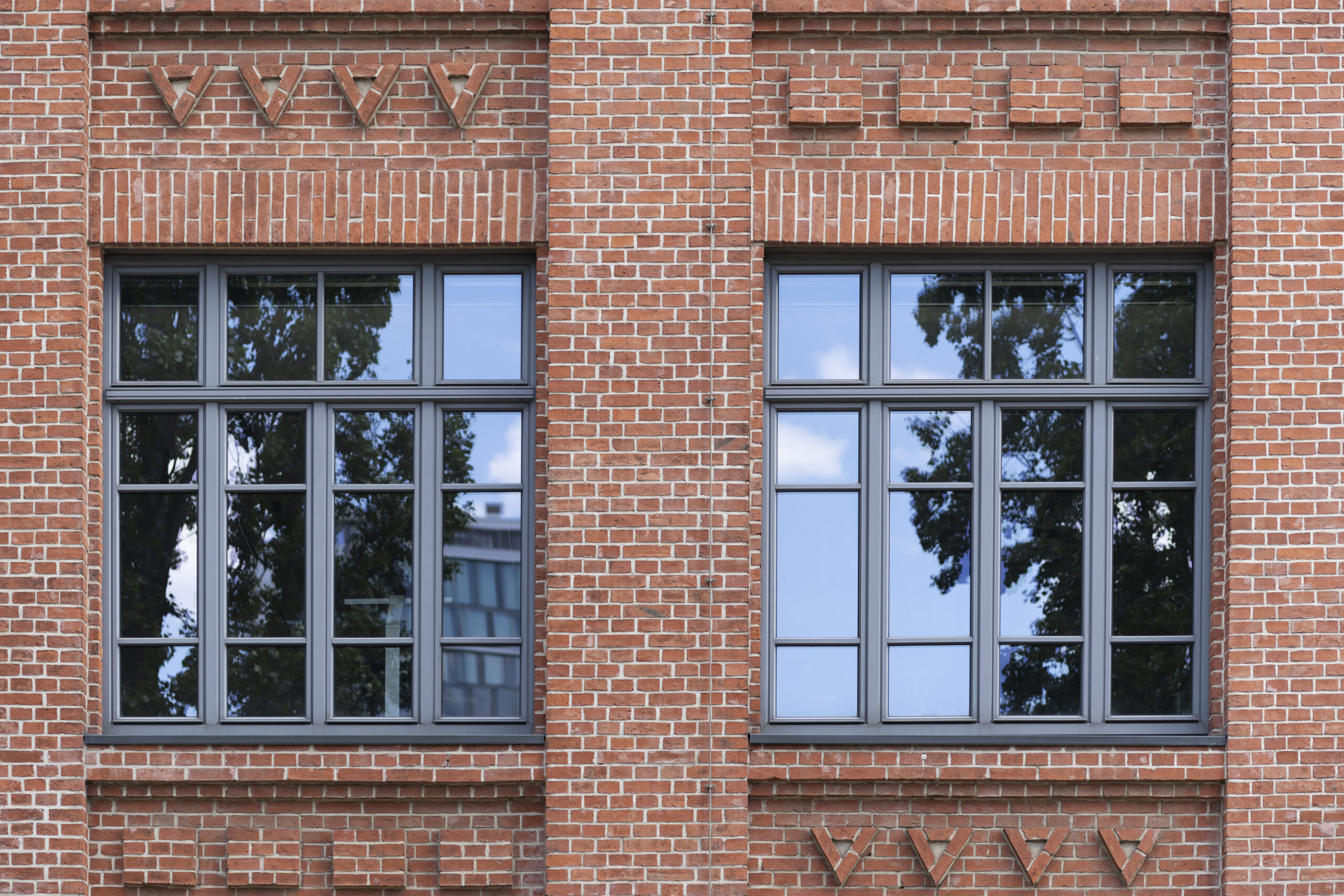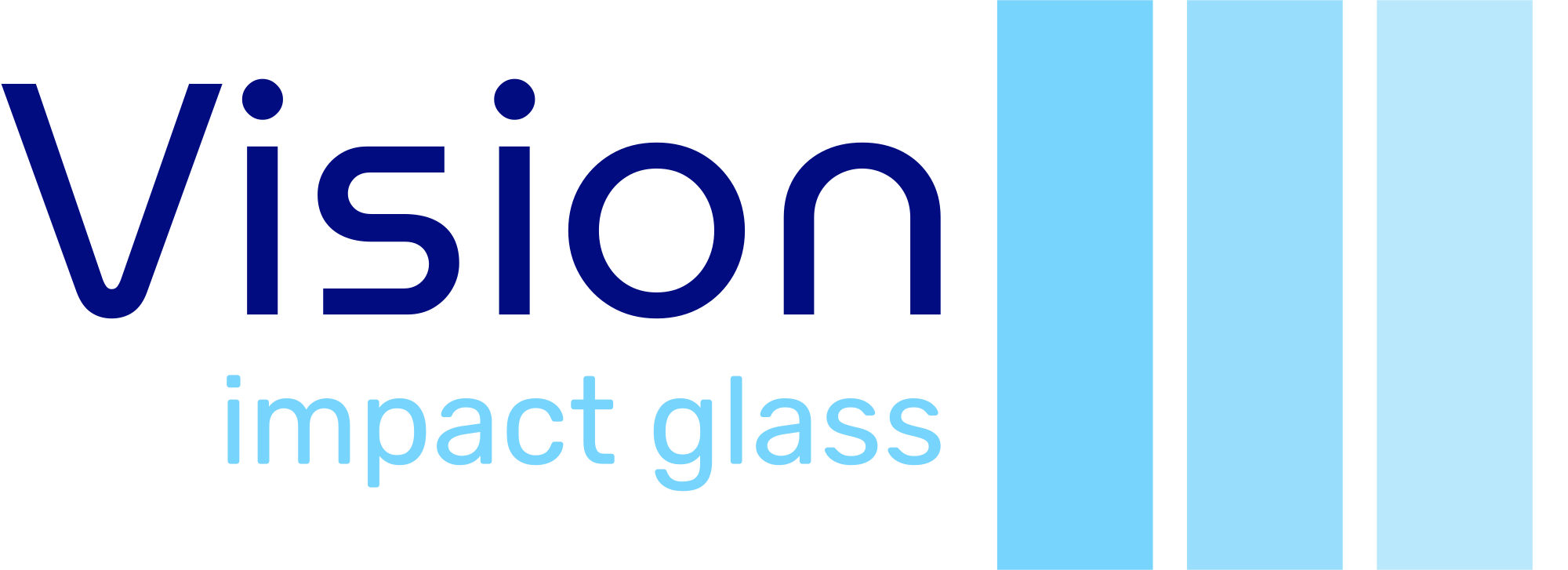Living in hurricane-prone areas brings both the allure of coastal living and the need for robust storm protection. Hurricane shutters are a popular choice for safeguarding homes against the destructive forces of severe weather. However, before making a purchase, it’s crucial to understand the risks and benefits associated with different types of hurricane shutters. In this blog post, we’ll guide you through key considerations to ensure you make an informed decision that enhances your home’s safety during storms.
- Types of Hurricane Shutters: Knowing Your Options: There are various types of hurricane shutters available, each with its own set of features and considerations. These include accordion shutters, roll-down shutters, storm panels, Bahama shutters, and colonial shutters. Understanding the strengths and weaknesses of each type is the first step in making an informed choice that aligns with your specific needs.
- Ease of Deployment: The Critical Factor: In the rush to prepare for an approaching storm, the ease and speed of deploying your hurricane shutters become critical. Consider how quickly and efficiently each type of shutter can be put into place. Some shutters, like roll-down and accordion shutters, offer quick deployment with minimal effort, while others may require more time and manual labor.
- Visibility and Aesthetics: Balancing Form and Function: The visual impact of hurricane shutters on your home’s aesthetics is an important consideration. Some homeowners prefer shutters that are unobtrusive or blend seamlessly with the architecture, while others may appreciate the distinct appearance of decorative shutters like Bahama or colonial styles. Finding a balance between form and function is key to enhancing both safety and curb appeal.
- Durability and Material: Long-Term Protection: The durability of hurricane shutters is a critical factor in their effectiveness. Assess the materials used in the construction of each type of shutter, considering factors such as resistance to corrosion, impact strength, and overall longevity. Investing in durable materials ensures that your shutters will stand up to the rigors of multiple storm seasons.
- Code Compliance: Navigating Local Regulations: Local building codes and regulations may dictate specific requirements for hurricane protection systems. Before purchasing hurricane shutters, familiarize yourself with the local codes to ensure compliance. Some areas may have specific standards for wind load resistance, impact resistance, and approved shutter types.
- Maintenance Requirements: Long-Term Viability: Regular maintenance is essential to keep hurricane shutters in optimal condition. Consider the maintenance requirements of each type of shutter, including cleaning, lubrication, and potential repairs. Opting for shutters with minimal maintenance needs ensures long-term viability and reliable storm protection.
- Cost Considerations: Balancing Budget and Safety: While the cost of hurricane shutters is an important consideration, it’s equally crucial to view it as an investment in your home’s safety. Balance your budgetary constraints with the level of protection each type of shutter provides. Keep in mind that upfront costs may be outweighed by potential long-term savings on insurance premiums and property protection.
Hurricane shutters are a valuable investment in safeguarding your home and loved ones during severe weather events. Understanding the risks and benefits associated with different types of shutters is key to making an informed decision. By considering factors such as ease of deployment, aesthetics, durability, code compliance, maintenance, and cost, you can choose hurricane shutters that provide optimal protection while complementing the unique needs





